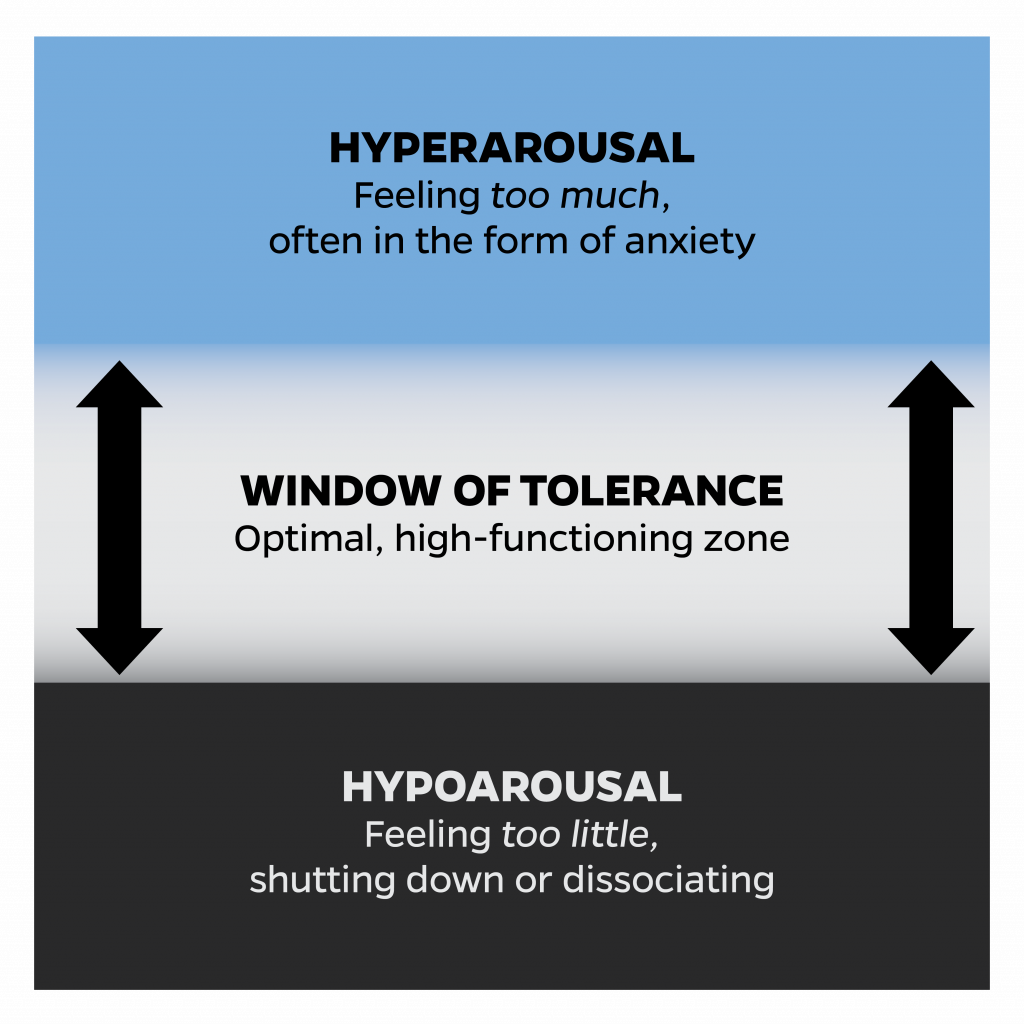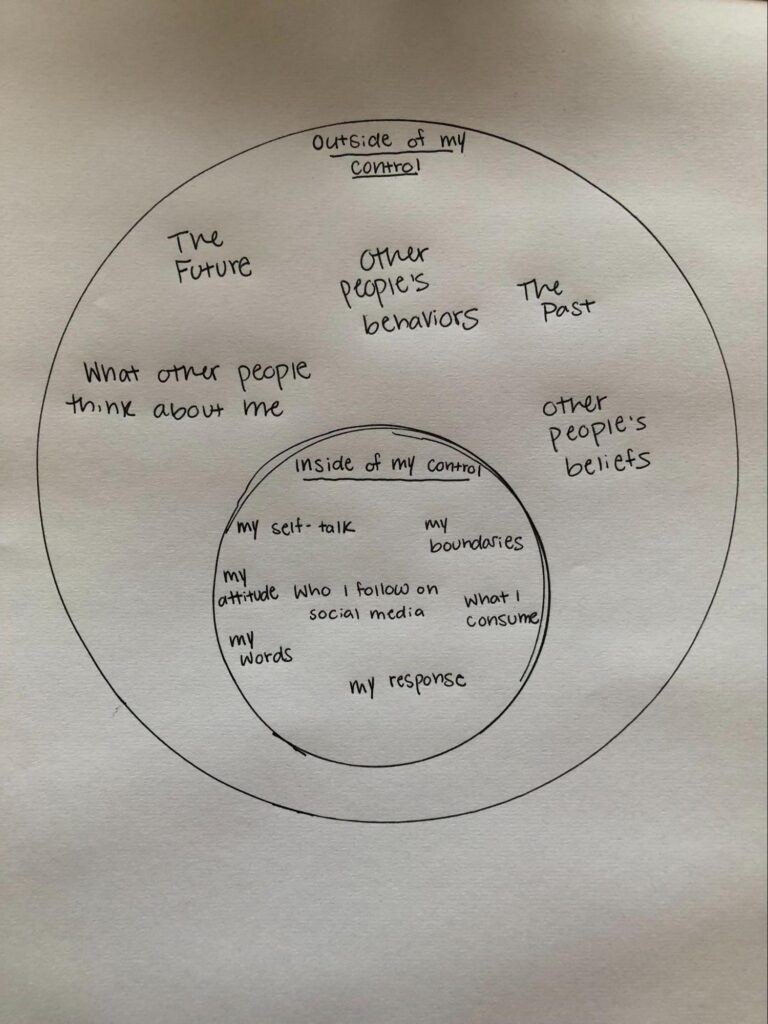Note: this post was updated in December 2024 to reflect new resources.
Content preview: sexual abuse
As the fall term comes to a close, many students will be heading home for winter break. This journey can bring up many mixed emotions. For some, it means returning to a household with an abuser, or it may be the first time seeing your parents after having experienced an assault. Whatever your situation looks like this holiday season, it is bound to come along with new and potentially overwhelming emotions. More often than not, the perpetrator of sexual violence is someone the survivor knows on a first-name basis. This is especially true for those who experience sexual abuse as a child (93% of children know the perpetrator and 34% are abused by a family member). Whether you are staying near campus or returning home to another state or country, the Gender-Based Violence Prevention office is available to support you.
If you are nervous about your time away from campus during winter break, here are a few tips to help you stay safe and comfortable.
Decide your boundaries beforehand.
This strategy could look like writing it down in a journal, texting a friend, or directly telling people. Some examples are:
- “I’ll join them, but I’m only going to stay for two hours.”
- “If they start talking about embarrassing things I’ve done, I’m going to leave.”
- “If they start drinking, I’m leaving.”
Take an ally with you.
If your family treats you like a child, it’s easy to fall back into that role. Taking a friend can ground you to the present day and remind you you’re an adult with choices. Having an ally may help you feel more confident to walk away from poor treatment or to stand up to it. Also, some family members may not be as likely to be abusive or disrespectful if you have someone with you.
Have an escape plan or alternative housing.
If it is an option, it may be helpful to stay with a friend or family member not connected to anyone harmful. If you feel up for it, offer to join for family gatherings, but stay at an offsite location in order to have a place to go.
Alternately, if you are staying in a family home or shared space with an abusive or harmful family member, it can help to put you at ease if you have your own transportation and can leave anytime. If a car is not an option, line up a friend or neighbor who can pick you up, a bus route that can take you to your favorite coffee shop, or a place you can go for a walk to get some space.
Know which coping methods to use and which you want to avoid.
If you need to stay away from certain adults or feel activated by the conversations they are having, play with the children or keep busy by helping in the kitchen. It may be helpful to avoid substances and stay present so you can monitor the situation and your feelings and take action if necessary. If there’s someone you trust in the space, fill them in on what coping methods you are using and/or what you are trying to avoid. It can help to name these things aloud and/or use this person for accountability.
Have a nurturing backup plan.
If you end up changing your mind about returning home or decide to skip out on family gatherings, plan comforting or empowering things to do like watching movies, doing crafts, or something else that you enjoy. Finish a project if you feel up to it, or call a friend. Plan ways to stay busy and maintain during your alone time.
Be familiar with your window of tolerance.
It is possible that during this semester you have grown in your awareness and knowledge of harmful behaviors. It is ok to no longer put up with or tolerate behaviors that harm you. It is also possible you now have a smaller window of tolerance for things you may have been able to tolerate in the past.
The window of tolerance refers to the headspace and emotional state where we are able to regulate our nervous system and maintain normal daily functioning. Everyone’s window of tolerance is different and it changes over time.
Before this semester, you may not have been aware of or had the language to address harmful, toxic, or abusive behaviors. You may find that these behaviors no longer fit in your window of tolerance and being exposed to them may cause disregulation and hypo- or hyper-arousal. These are states where you can no longer feel just right, remain calm, and cope with everyday stressors. Stress and trauma can also shrink your window of tolerance.
If you are noticing yourself feeling more anxious, stressed, or off-balance while away from campus during break, it might be helpful to assess what is in and outside of your control.
Here’s an exercise for doing just that: draw a large circle labeled “outside of my control” and within it draw a smaller circle of “inside my control.” Fill in both circles as much as feels good. Here’s an example:
Remember that healing is not linear, and you don’t have to be perfect.
If you are fearing going home because you might regress in your healing, that’s OK. Feeling like all the healing you thought you did isn’t real if you don’t stick to all of your boundaries is also common, and also OK.
It’s OK to use a coping method you were trying to avoid. Healing is a process that takes time. Regardless of where you are in your journey, nothing is linear.
You are not regressing if you are doing what you need to do to survive. You know what you need and you know what is best for you. Even if you decide to drink at home when you said you wouldn’t, even if you hug your uncle when you said you wouldn’t, or whatever habit you were trying to avoid or boundary you were trying to stick to, that does not undo any of the time you have spent on yourself in working towards healing. Try to move away from assigning moral value to these behaviors. Survival strategies and coping methods are not good or bad; they just are.
Support and Resources
24/7 Available Resources
- National Sexual Assault Hotline: 1-800-656-4673
- Mental Health Services Sexual Assault Helpline: 410-516-7333
- TurnAround Inc. Baltimore City Crisis Hotline: 443-279-0379
- Behavioral Health Crisis Support Team: 410-516-WELL (9355)
Hopkins-based Resources
Note: the university’s business hours may be different during winter break; starred resources have 24/7 call lines that are always operational.
Confidential Resources
These offices and staffers are available Monday–Friday, 8:30 a.m.–5 p.m EST, outside of the university’s holiday closures.
- Gender Violence Prevention and Education: [email protected] or 443-927-3548
- Alyse Campbell, Associate Director of Student Health & Well-Being: [email protected]: tinyurl.com/MeetwAlyse or 410-516-5133
- Mental Health Services: 410-516-3311*
- Primary Care: 410-516-3311*
- Religious and Spiritual Life: 410-516-1880
Non-Confidential Hopkins Resources
Categories
- Environmental (61)
- Financial (60)
- Mental (214)
- Physical (298)
- Professional (178)
- Sexual (82)
- Social (186)
- Spiritual (26)
Archives
- July 2025
- May 2025
- April 2025
- March 2025
- February 2025
- January 2025
- December 2024
- November 2024
- October 2024
- September 2024
- August 2024
- July 2024
- May 2024
- April 2024
- March 2024
- February 2024
- January 2024
- December 2023
- November 2023
- October 2023
- September 2023
- August 2023
- June 2023
- May 2023
- April 2023
- March 2023
- February 2023
- January 2023
- December 2022
- November 2022
- October 2022
- September 2022
- August 2022
- July 2022
- June 2022
- May 2022
- April 2022
- March 2022
- February 2022
- January 2022
- December 2021
- November 2021
- October 2021
- September 2021
- August 2021
- July 2021
- June 2021
- May 2021
- April 2021
- March 2021
- February 2021
- January 2021
- December 2020
- November 2020
- October 2020
- September 2020
- August 2020
- July 2020
- June 2020

